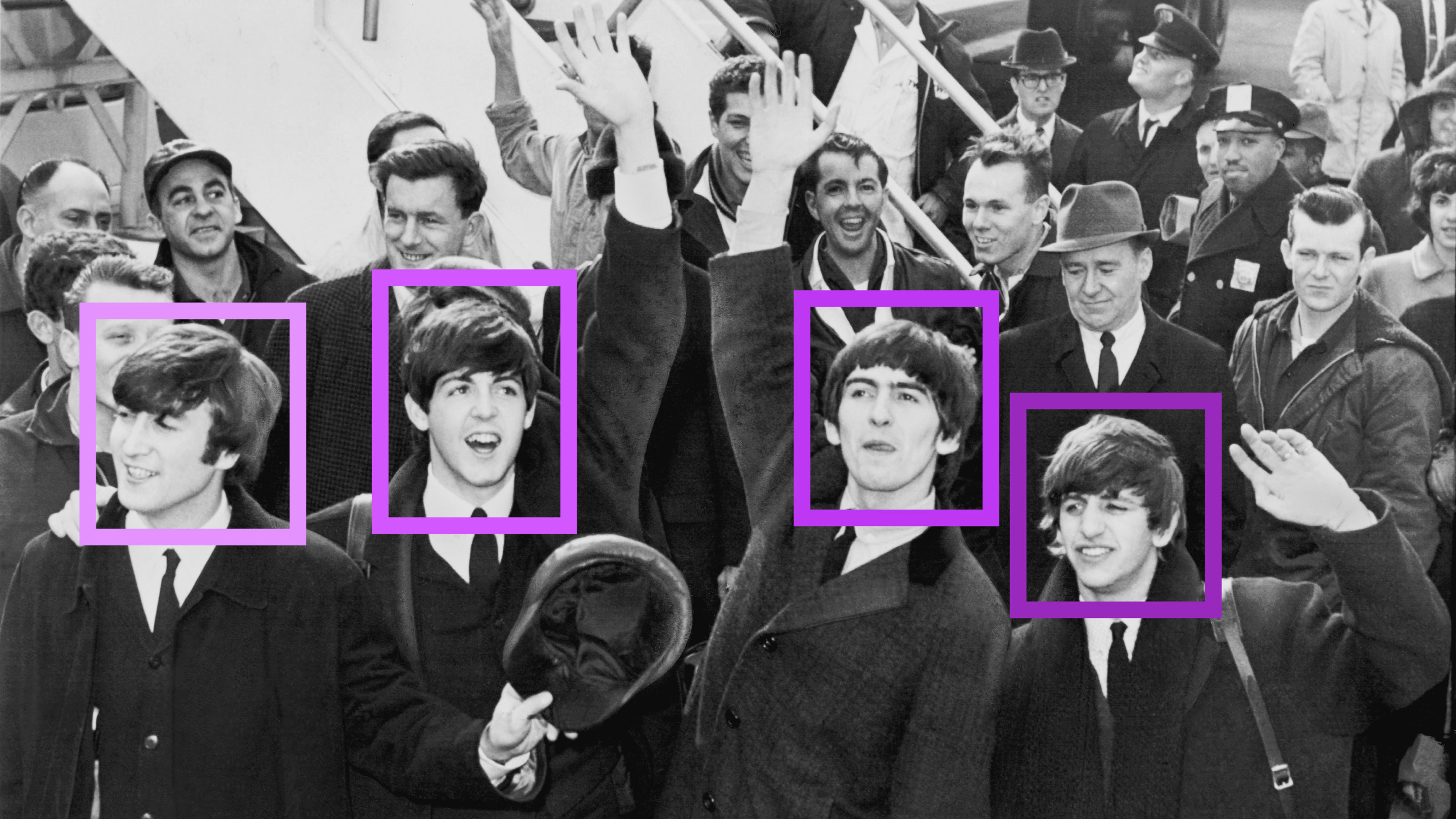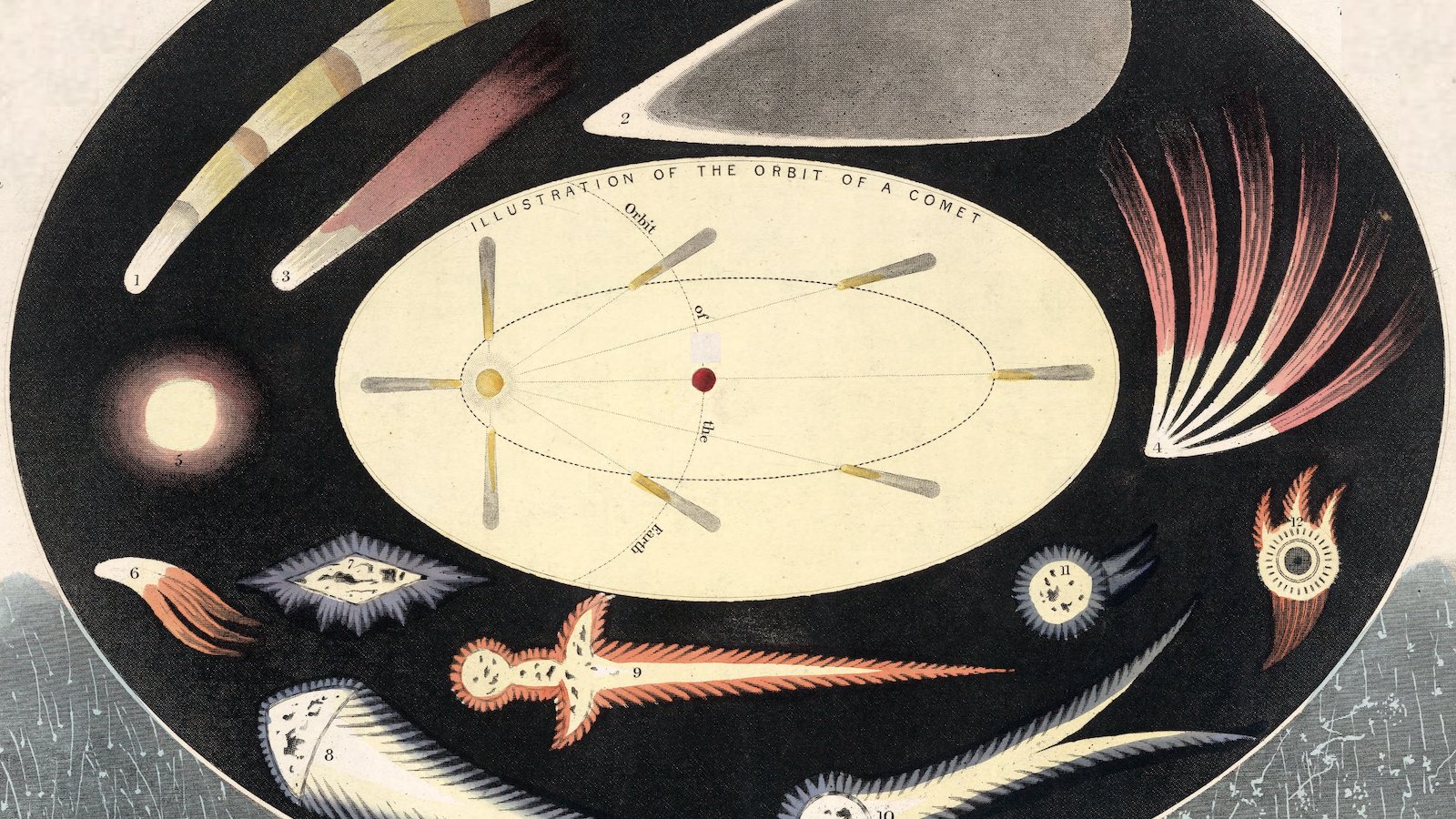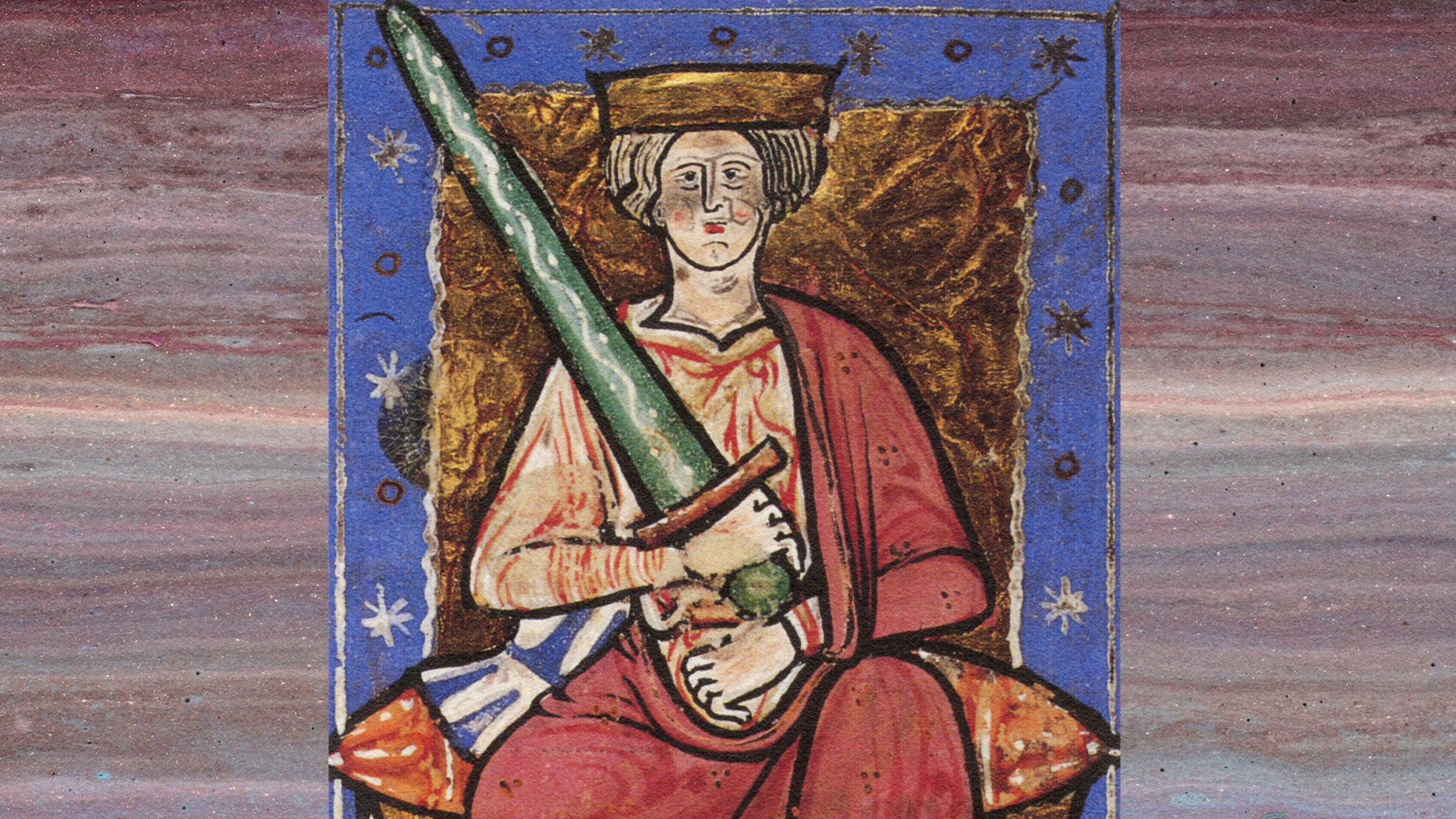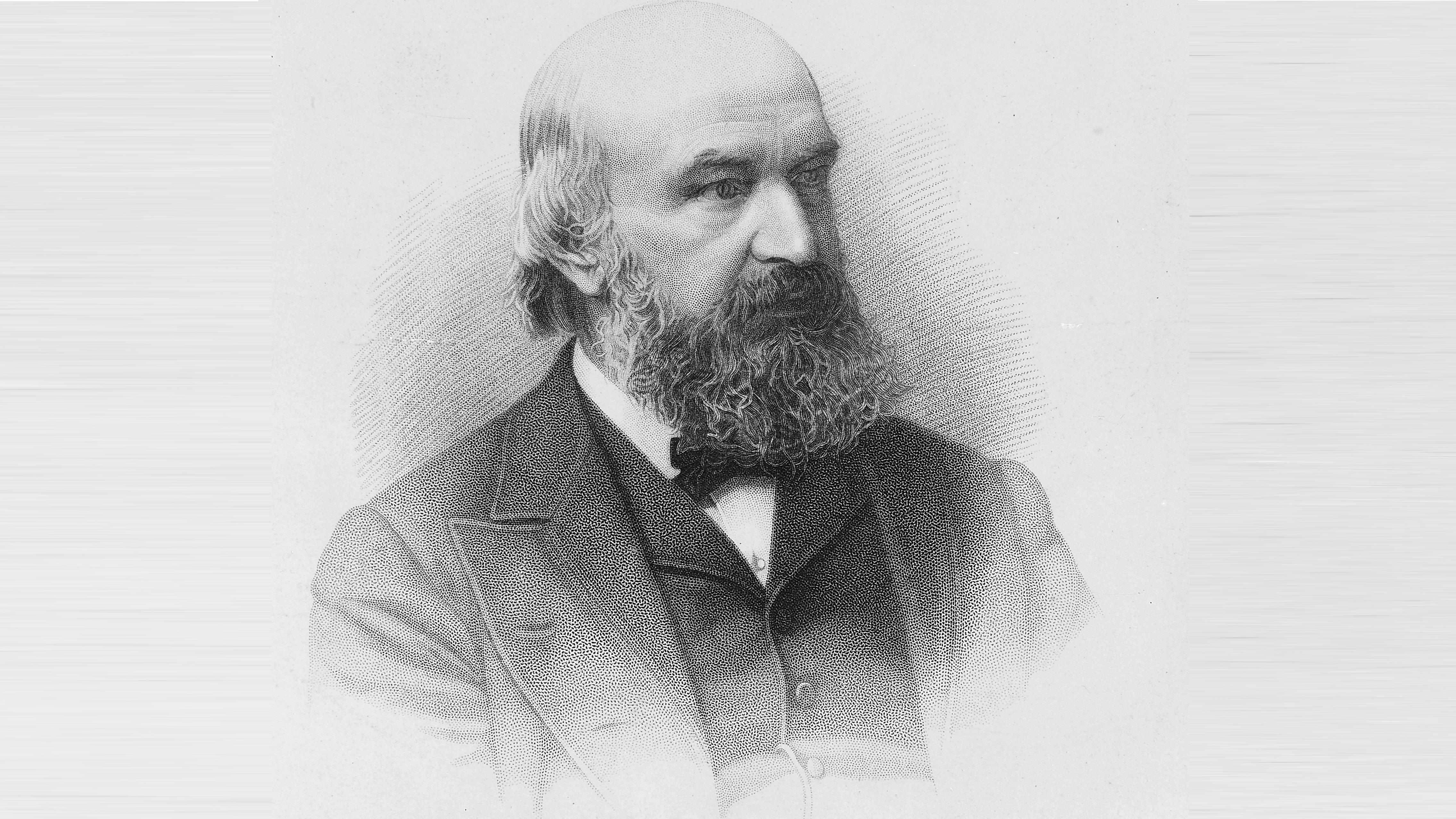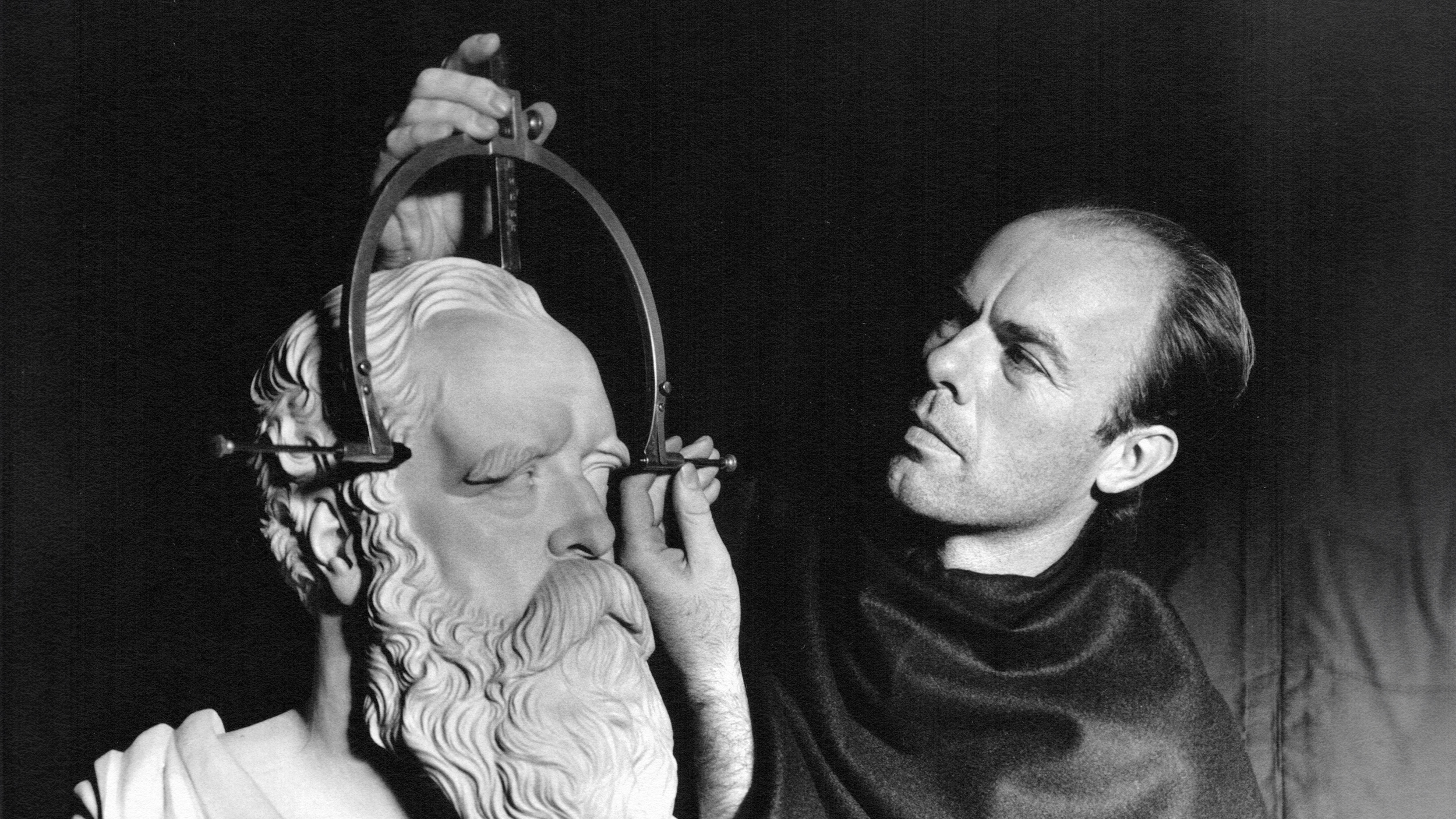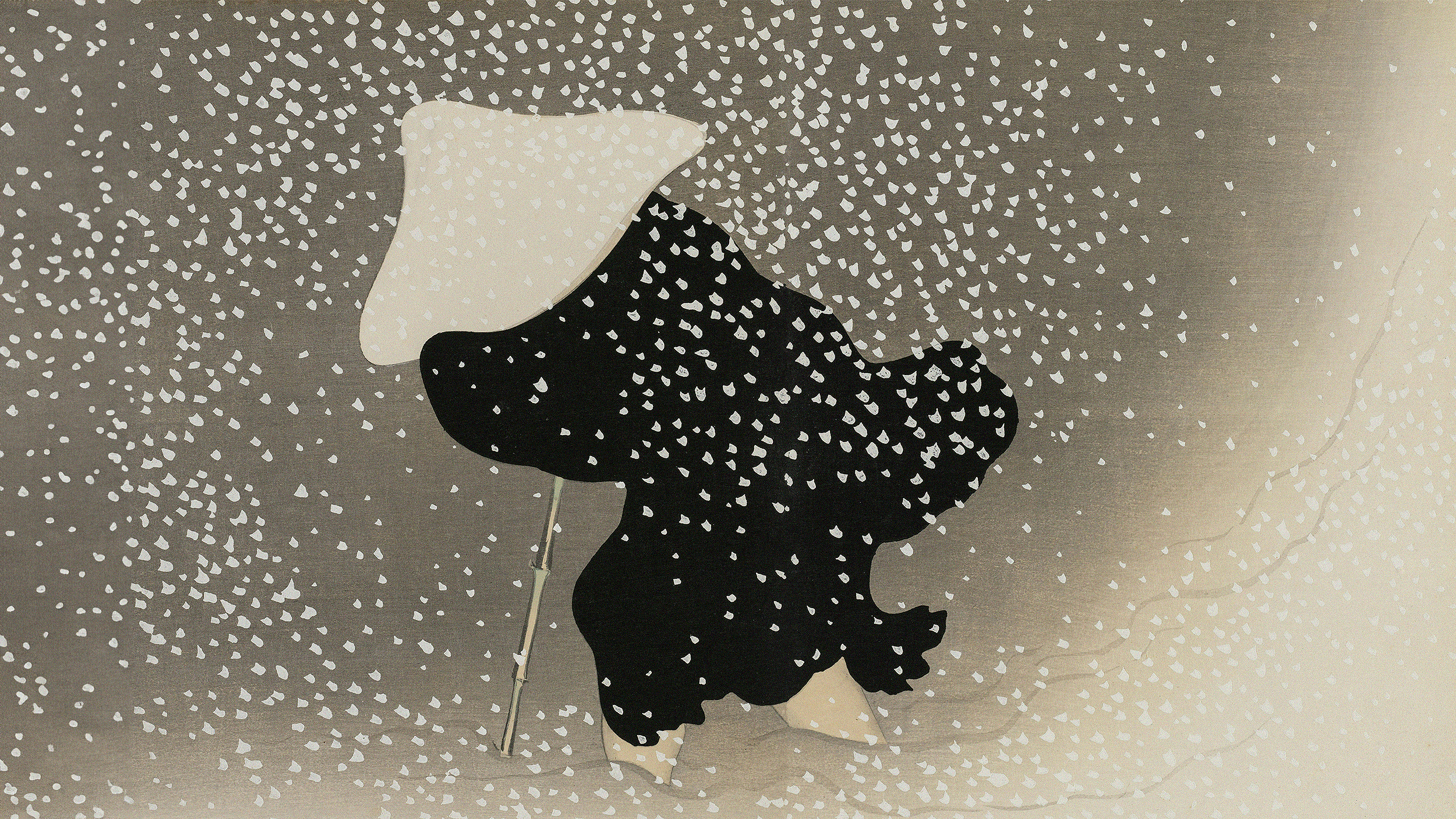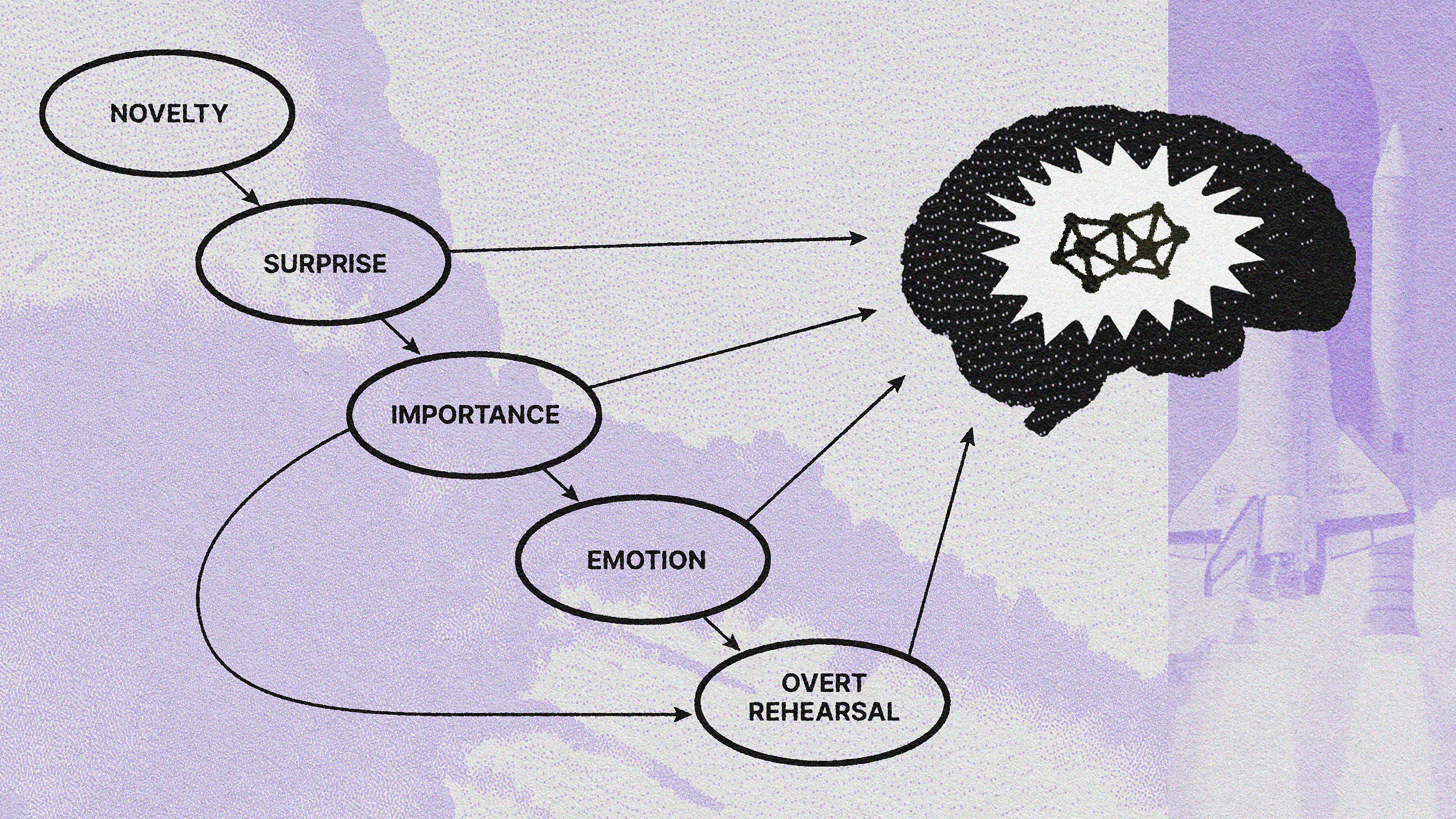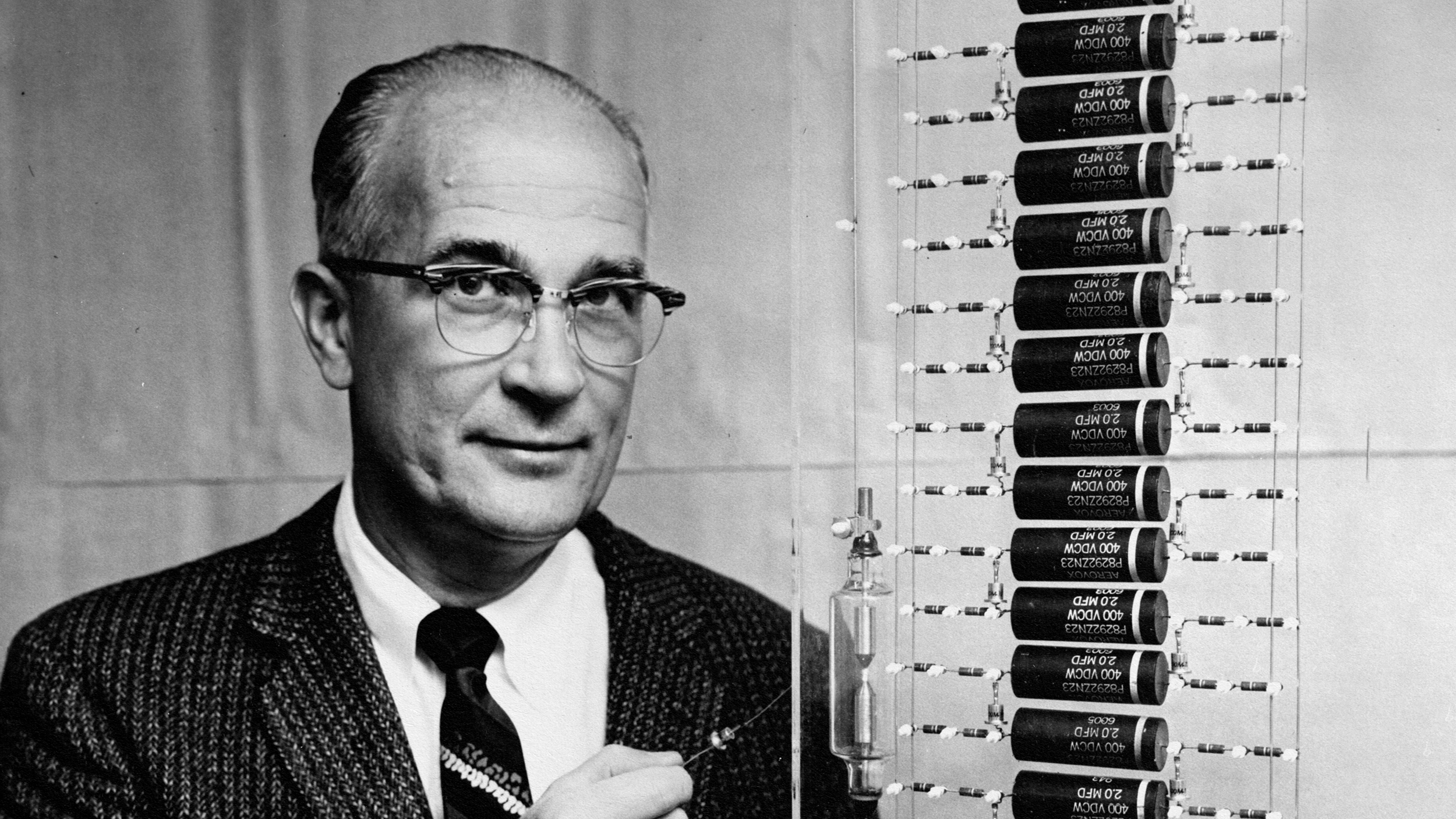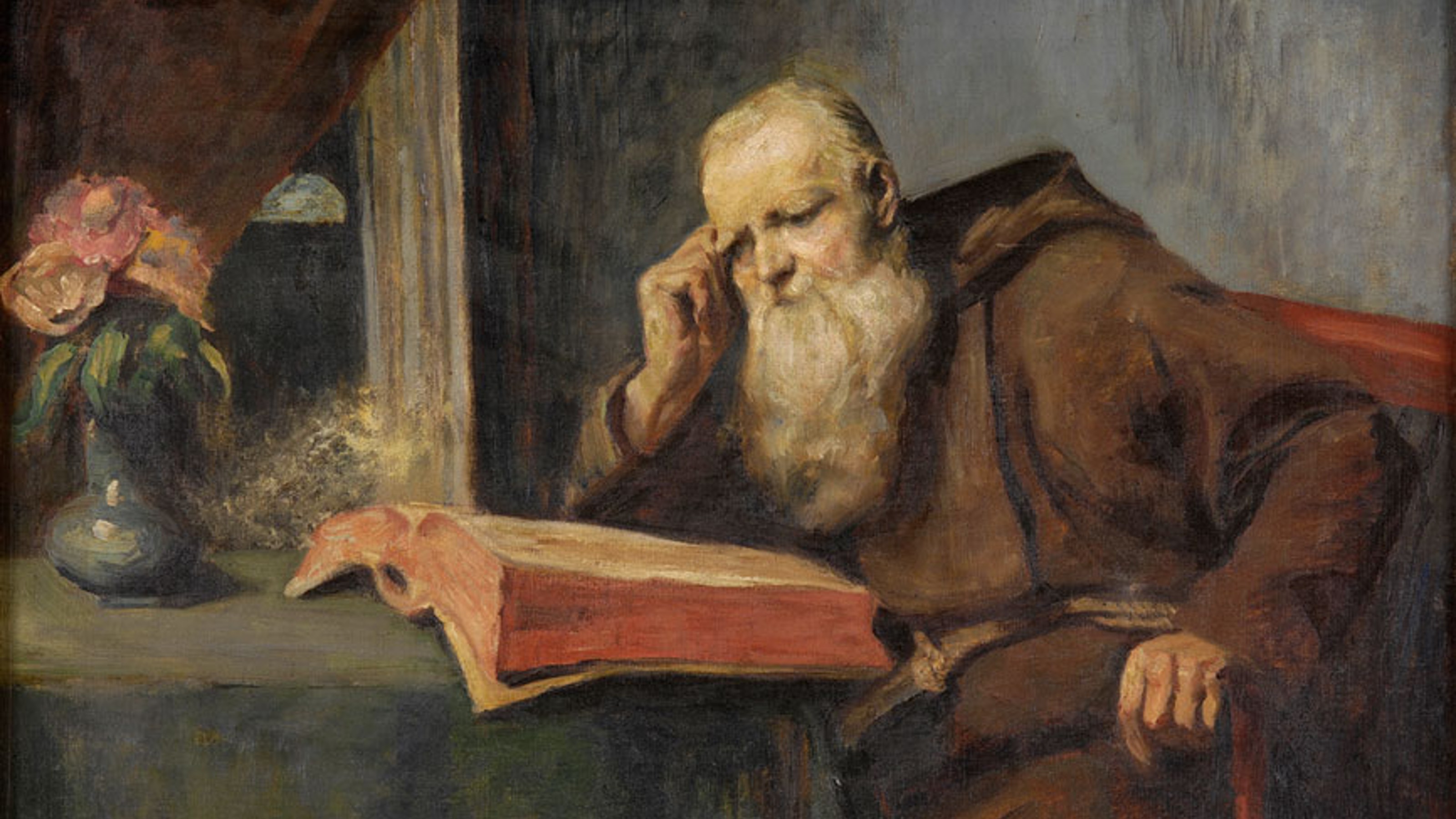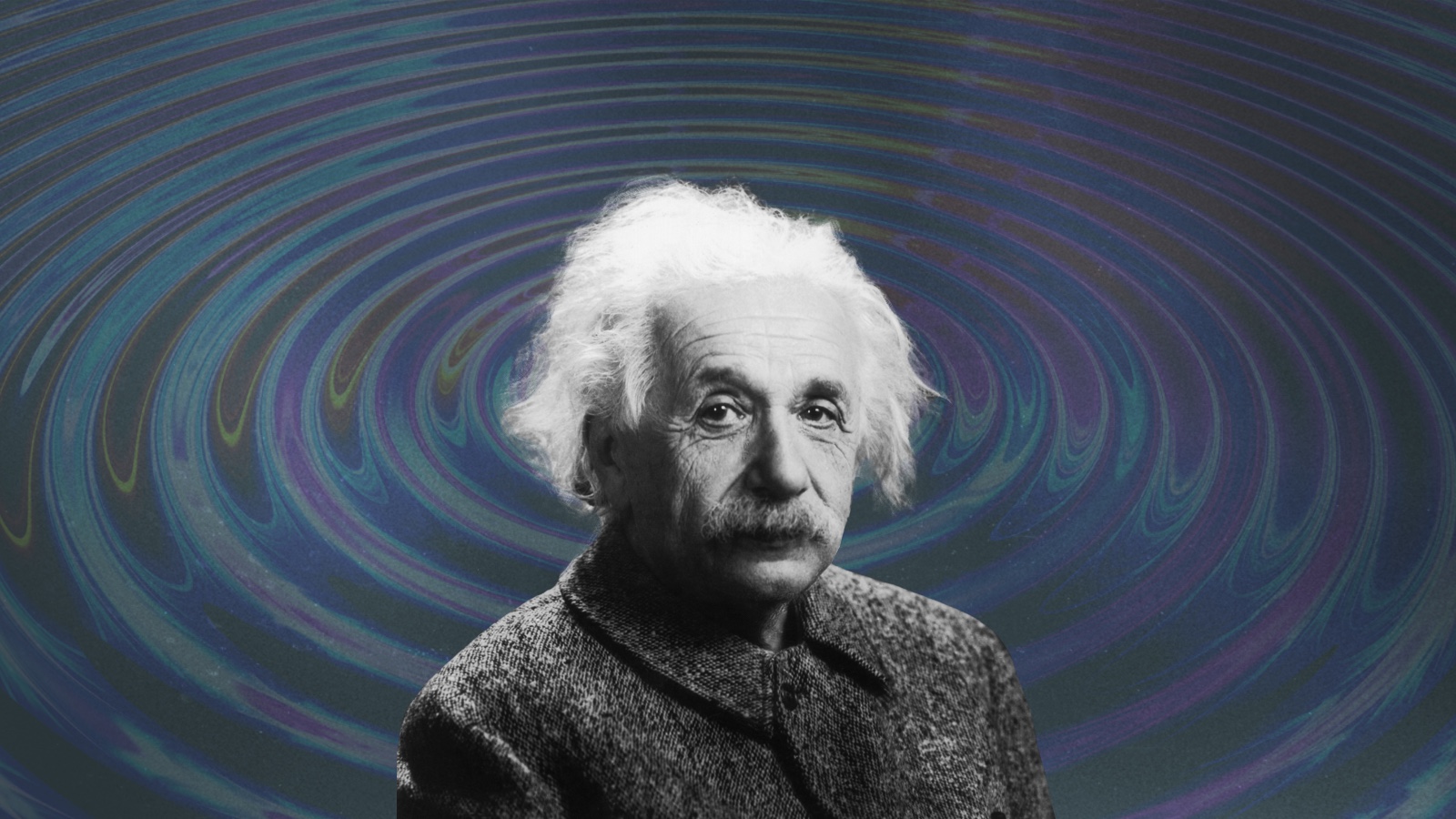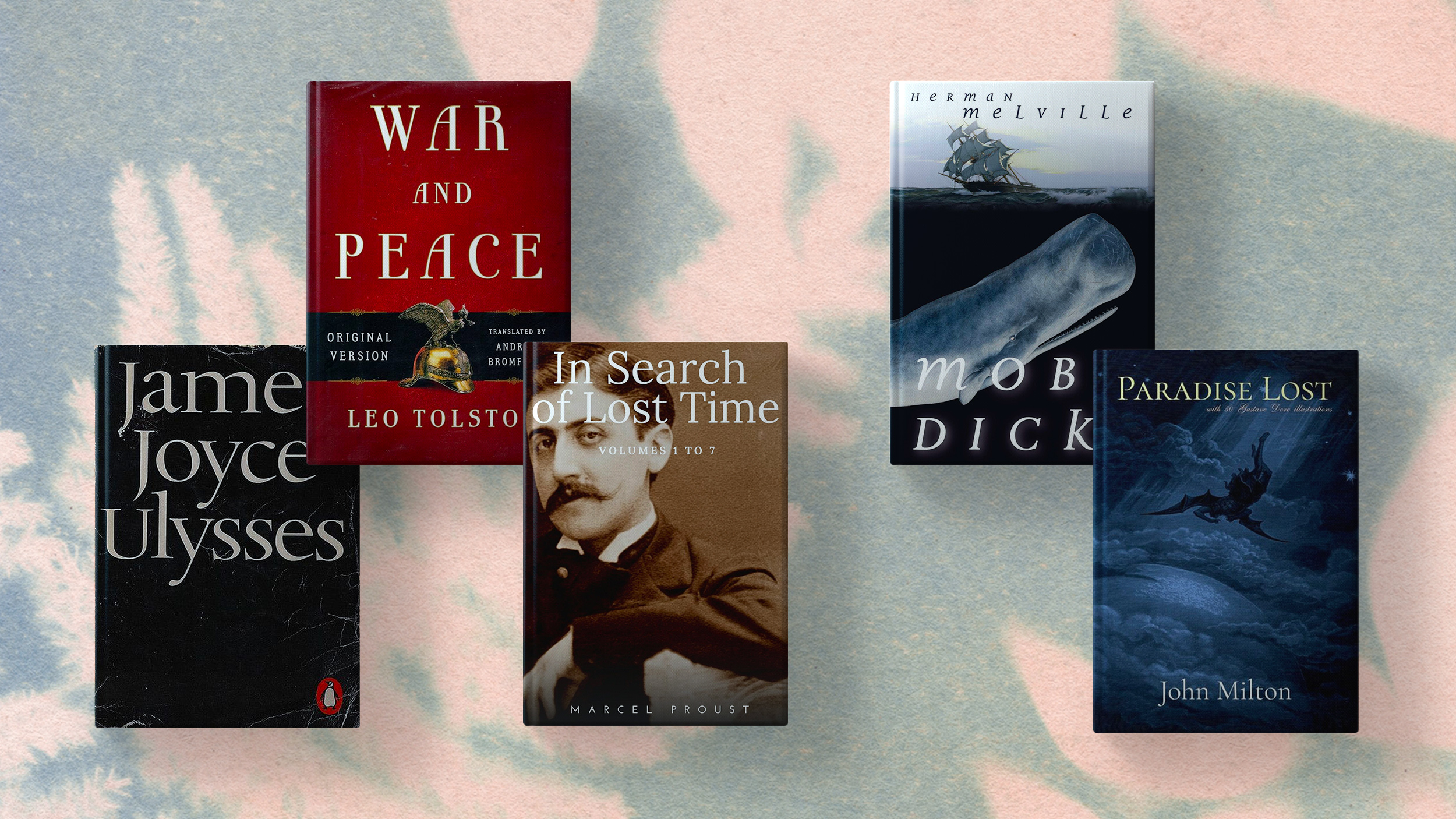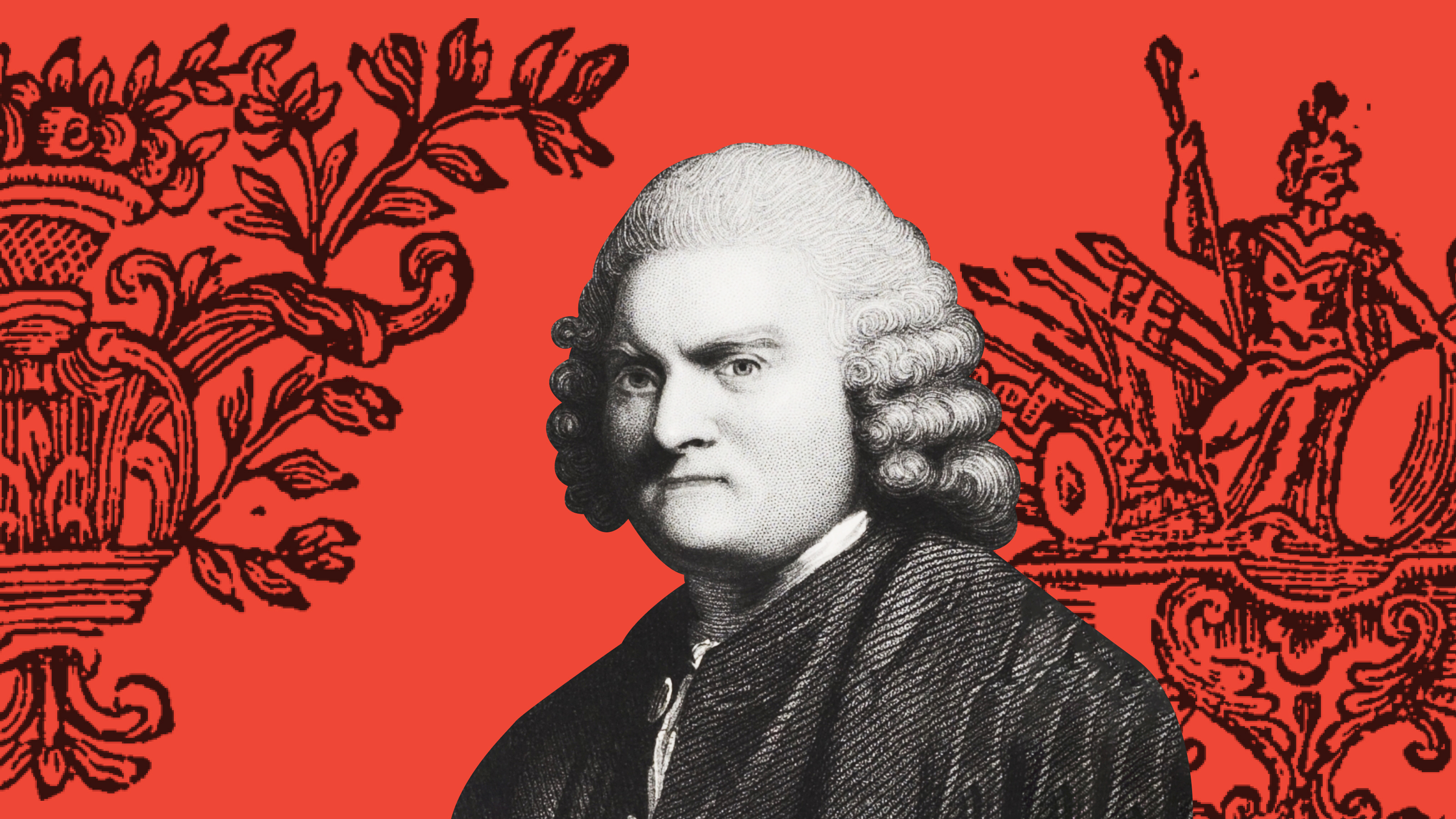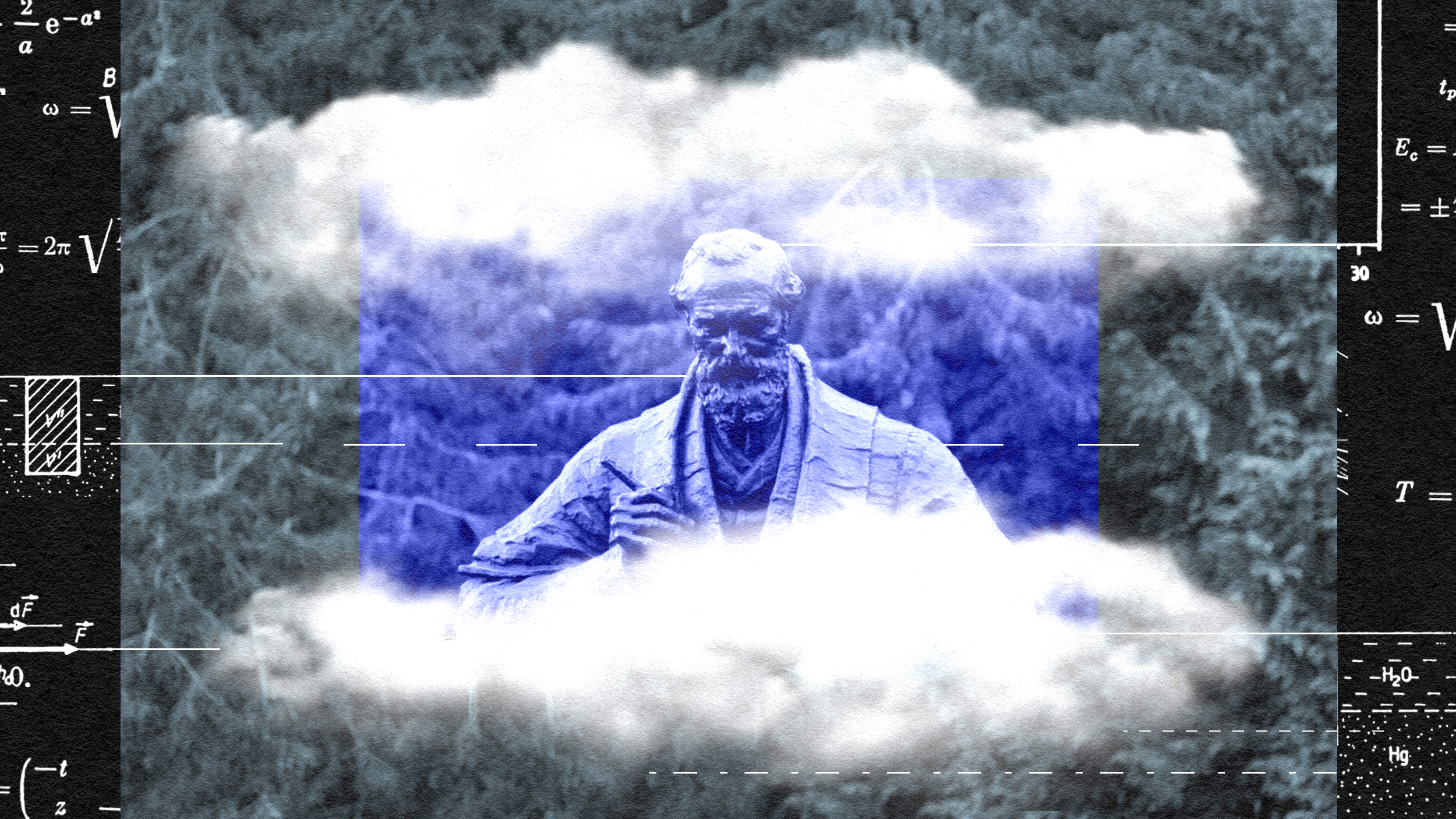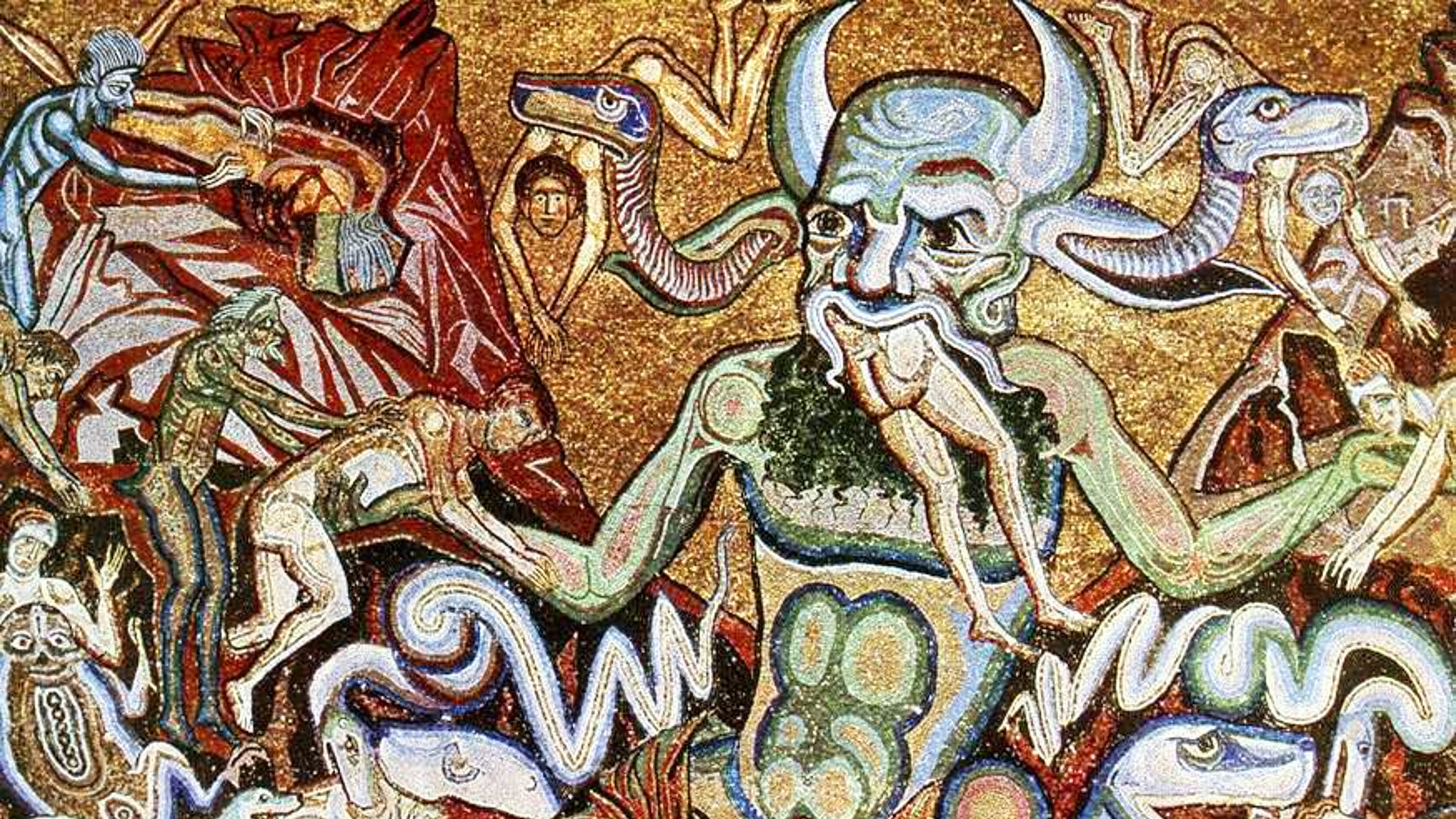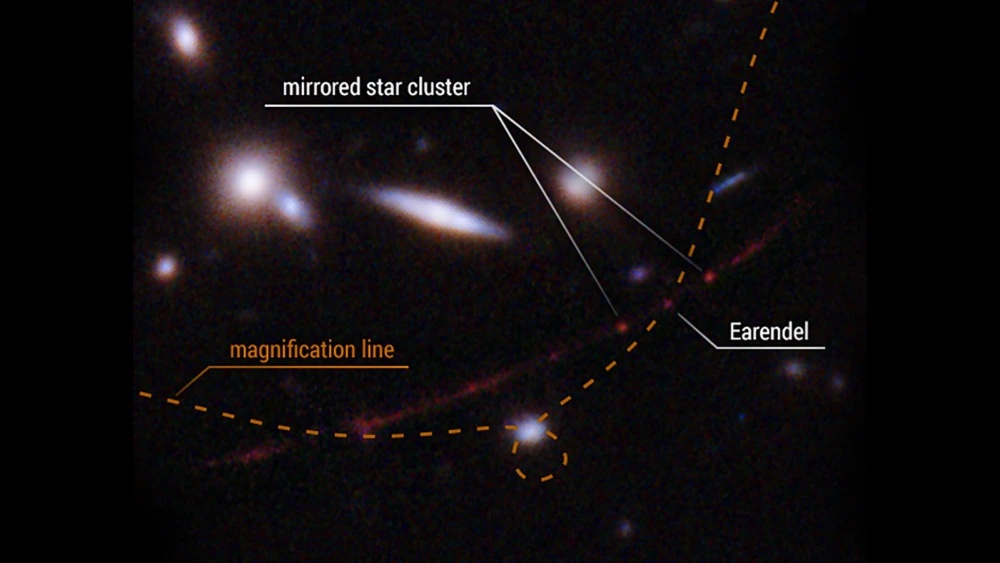Engineer James Clarke liberated John, Paul, George, and Ringo from their mono and stereo straitjackets using algorithms at Abbey Road.
Search Results
You searched for: John James
The thrills and horrors of strange heavenly bodies condensed into one attractive snapshot.
From Æthelred the Unready to Halfdan the Bad Entertainer, these strange epithets colored the legacy of four rather unlucky historical figures.
Adams was infamously scooped when Neptune was discovered in 1846. His failure wasn’t the end, but a prelude to a world-changing discovery.
Serving as the inspiration for the modern horror classic “The Blair Witch Project,” what does our fascination with this unsolvable mystery tell us about our modern psyche?
The pseudoscience phrenology swept the popular imagination, and its practitioners made a mint preying on prejudices, gullibility, and misinformation.
Every successful leader can mine golden knowledge from the works of the Bard.
Japanese thought can’t be easily characterized by just a few books — but this essential guide is a great place to start.
An excerpt from “Memory,” a primer on human memory, its workings, feats, and flaws, by two leading psychological researchers.
It is easy to mock Nobel Laureates who go astray, but eccentricity often accompanies brilliance. We should have some sympathy.
Science fiction movies capture a classic human flaw: getting the future mostly wrong.
Discover how the threads of myth, legend, and artistry have been woven together by storytellers to craft history.
Einstein tried to disprove quantum mechanics. Instead, a weird concept called entanglement showed that Einstein was wrong.
How to say, “In many ways, Proust is similar to Joyce” and get away with it.
Boredom isn’t the enemy; it’s a catalyst for changing your relationship to work.
As cells divide, they must copy all of their chromosomes once and only once, or chaos would ensue. How do they do it? Key controls happen well before replication even starts.
As a physician, John Pringle helped reinvent hygiene; as a husband, he destroyed a woman’s life with his abuse.
What value does wit hold in genres defined by brute strength?
It’s not enough to nurture star players — the key is to cultivate everyone’s ability to collaborate and bring value.
He is only out-sold by William Shakespeare and Lao Tzu.
Research suggests that emotional intelligence is more vital for success than IQ.
Presidential gravesites are spread out “democratically” — but this is more by accident than design.
Lord Kelvin is thought to have said there was nothing new to discover in physics. His real view was the opposite.
The history of hell doesn’t begin with the Old Testament. Instead, hell took shape in the 2nd century from Mediterranean cultural exchange.
Chloé Valdary — founder of Theory of Enchantment — explores two essential practices for generating the team “magic” that drove Apple under Steve Jobs.
For thousands of years, humanity had no idea how far away the stars were. In the 1600s, Newton, Huygens, and Hooke all claimed to get there.
The light from Earendel took 12.9 billion years to reach Hubble. The star is millions of times brighter than our Sun and 50 times as massive.
If you think everyone around you is terrible, the joke may be on you.
There are different types of atheism and atheists. In general, they can be classified as the non-religious, the non-believers, and agnostics.
